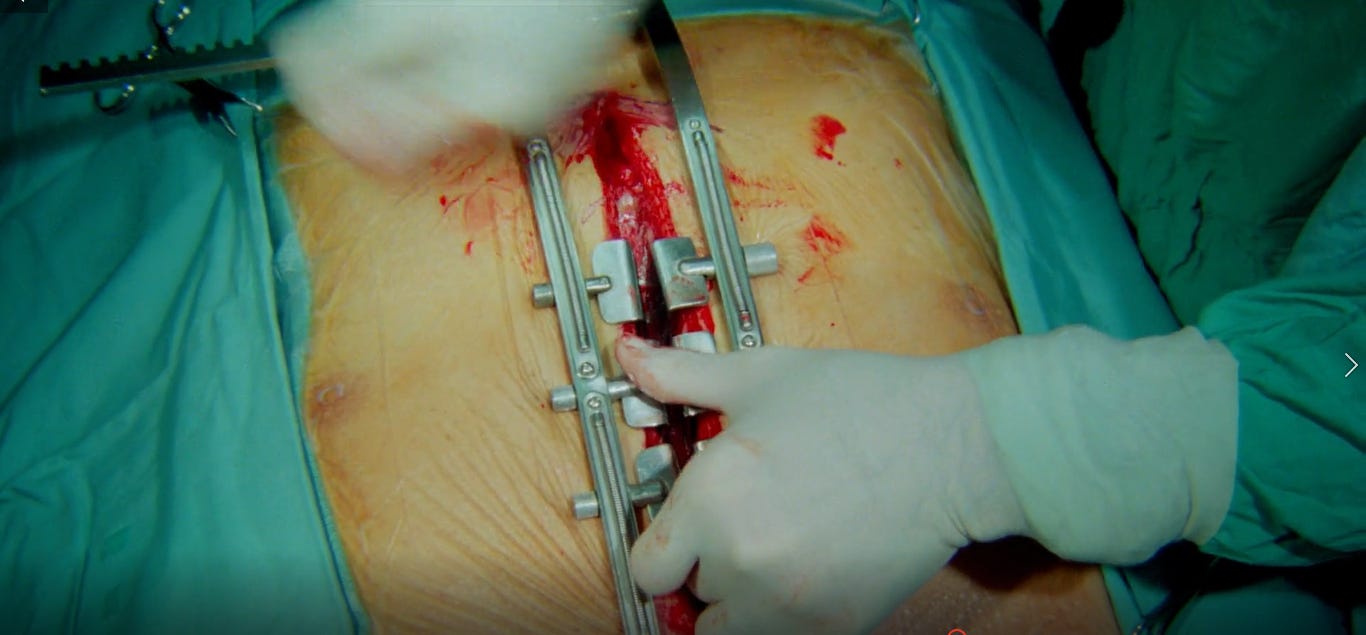The movie All That Jazz came out in 1979. I was in high school, and my impression at the time was, “Wow, dancing is sexy and fun!” This is a movie that feels quite a bit different 40+ years later.
The story is about director and choreographer Joe Gideon, improbably played by Roy Scheider. He is working one two big projects, a film called The Standup and a Broadway musical, called NY/LA. He is also dealing with his ex-wife, Audrey Paris, his current main squeeze, Katie Jagger, and his teenage daughter, Michelle. It was directed by Bob Fosse, and is semi-autobiographical. Scheider was an action star who hit it big in the 70s and early 80s, best known for starring in Jaws, but he also was in such films as Klute and The French Connection. I like the fact that the 70s gave us schlubby action heroes as Scheider, Gene Hackman, and even Walter Mathau. Then in the 80s, we got lots of muscle men and golden gods. . . This movie was inspirational to young, horny artistic boys like me—it showed us how to live. In the movie, Gideon is a drug-addicted philandering fuck-up: he is not even sure if his work is good. (The movie has it both ways—Gideon is a dedicated artist and a mess. I think this reflect’s Bob Fosse’s own insecurities.) He is shown as a patient teacher. There is a long amusing tryout for the dancers, and he goes through and gently cuts dancer after dancer. One he hires just to fuck, and she is not as good as the rest of the troupe. The film has him making her do dance moves he is trying to teach them over and over. When it looks like she will give-up. he gives her what to my ears now feels like an inspired pep talk. “I can’t make you a star or a great dancer, but I can make you a better dancer.” I read that as his frank admission that even though she was hired as the director’s side piece, but he’s going to do his best with her as a dancer. I also saw it as an artist’s regrets about the way he has treated the women in his life.
All That Jazz is full of elements that were part of Fosse’s life. For example, Gideon is trying to finish a film called The Standup while Fosse did a movie called Lenny, about Lenny Bruce. The Standup relates to All That Jazz because the stand-up comedian character is giving a monologue about the stages of acceptance of death—the well-known Kübler-Ross stages: Denial, Anger, Bargaining, Depression and Acceptance.
This becomes particularly relevant because Gideon has a serious health issue—one that I have just personally experienced. He must have open heart surgery to get a coronary bypass. As he is lying in his hospital bed with a breathing tube, be has these powerful hallucinations of Paris, Jagger and his teenage daughter Michelle. When I saw these as a teenager myself, I just took these as fantasy musical interludes. But after having the same thing happen to me (open heart surgery). I cried seeing these song and dance numbers. (I certainly did not have any hallucinations during my surgery—I was completely anesthetized.)
This dance number, featuring the three most impostant women in Gideon’s life, is a “bargaining” fantasy. As for the operation itself, they only show the grisly surgery in a few quick shots, but even as a kid, I was shocked at the medieval device they use to break his sternum. As someone who has now had his sternun cracked open for heart surgery, it was just as shocking now.
Gideon survives his open heart surgery, but afterward he rises from his bed and wanders around the hospital. Some orderlies find him, and then it;s time for one last hallucinatory muscal number in which Gideon teams up with O'Connor Flood (played by Ben Vereen) to sing one final number. Flood is depicted as a glad-handing phony-baloney entertainer, but they sing a spirited song together. Then Gideon dies of a heart attack. (There is no way I could have gotten out of my bed after the surgery. It took a few days for me to get strong enough to try.)
[Please consider supporting this publication by becoming a patron, and you can also support it by patronizing our online store. And one more way to support this work is to buy books through The Great God Pan is Dead’s bookstore. ]





Roy Scheider was an alum of my college and was the commencement speaker when I graduated in 1980 (All That Jazz was released in December, 1979).
He opened his talk with, "It's showtime!" What a cool motherfucker.
Glad you are on the other side of surgery. Be well.